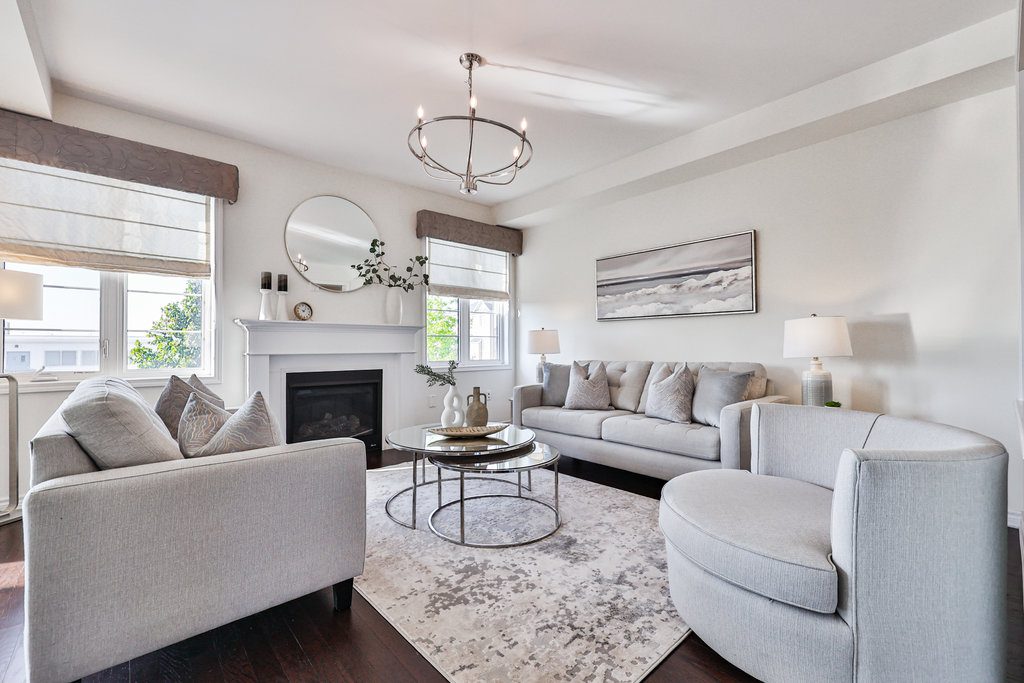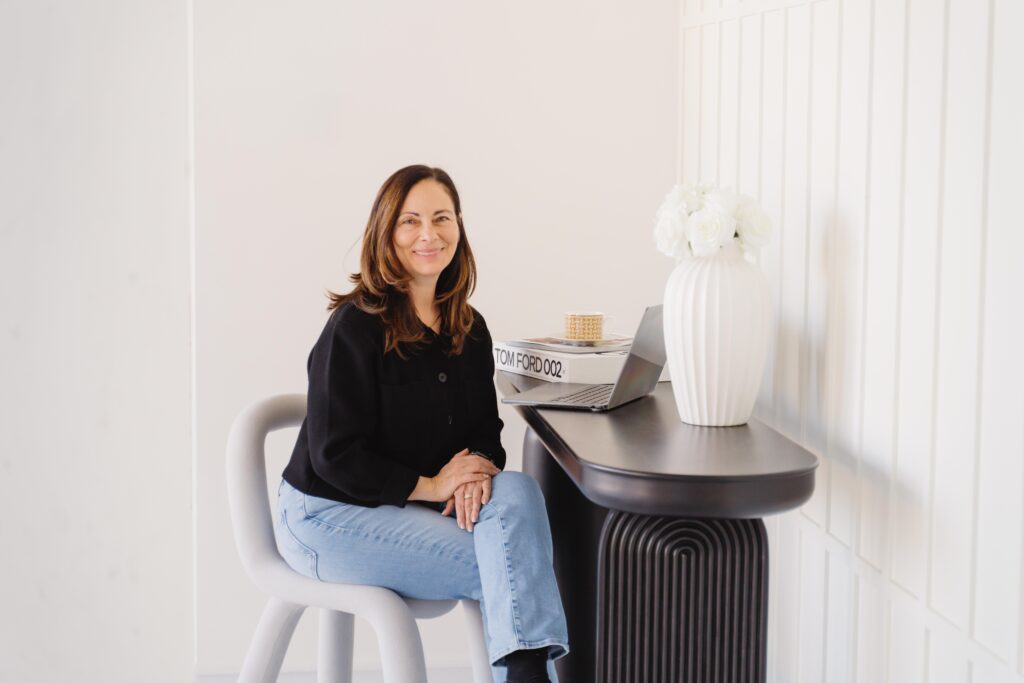When it comes time to sell your home, the entire process can feel overwhelming, especially if it’s your first time. Between staging, listing at the right price, and negotiating with buyers, there’s a lot to consider.
At the Barnett Real Estate Team, our step-by-step home selling approach works to help make the entire home selling process as easy and stress-free for our clients as possible. However, to help ease any immediate worries you might already have, here are some frequently asked questions we get.
1) Do I pay the commission for the buyer’s agent?
Prior to selling your home, you will have agreed to and signed a listing agreement. This is a contract between you and the agent that outlines many aspects of the transaction, including the commission. It’s important to remember that the commission outlined in your listing agreement is split between your listing agent and the buyer’s agent. There is no extra commission deducted.
2) How should we price my home?
An informed pricing strategy is one of the most important components of a successful home sale. How you come to determine your pricing strategy depends on quite a few variables, however.
Ultimately your Realtor® should be able to advise you on the optimal pricing strategy for your home following a thorough home evaluation and Comparative Market Analysis of similar homes in your area. Whether your Realtor® suggests you enter the market below, at, or above your home’s current market value, it’s best to have faith in their pricing expertise and follow their lead.
3) What can I do to start preparing my home?
As a seller, there’s a lot you can do to help prepare your home before it’s listed on the market. While most major preparations are best left to the professionals, there are a lot of minor tasks you can take care of ahead of time.
Some examples include cleaning and decluttering your home inside and out, doing a little landscaping to boost your curb appeal, and completing any minor repairs.
To get a full run-down on pre-sale tasks you can complete as a seller, download our comprehensive seller’s guide here.
4) Does my home really need to be staged?
Staging your home with a professional is one of the most effective ways to increase the appeal of your home to potential buyers. By using proven staging techniques, professional stagers are able to (among many other things):
- Make your home appear larger and brighter
- Improve visitor foot traffic flow
- Direct attention away from any weak areas
- Enhance your home’s strong areas
Plus, expertly-staged homes on average sell quicker and for higher prices, which is why we always recommend it.
5) What will you do to market my property?
In today’s fast-paced digital world, it’s only half the battle to make your home look great in person. It’s critical that we utilize all of our digital and traditional marketing strategies to capture the attention of potential buyers from the first image they see of your home.
We focus on:
- Capturing phenomenal, high-quality professional photography of your home
- Producing enticing virtual home tours with state of the art image capture technology
- Utilizing our expansive digital presence to maximize buyer exposure and reach via social media, online listings, website advertising, and more
6) Should I be present for viewings?
When potential buyers come to see your home in person, whether it’s through an open house or private showing, it’s usually best for you not to be present.
While you might feel more comfortable being there or you might want to be on call to share your wealth of knowledge of your home, buyers are generally more comfortable when the current owners of their potential future home aren’t there.
Remember: buyers’ first experience of your home is perhaps the most important. Once they’re physically inside your home, they can truly begin to picture themselves living in the space for the first time.
7) Are there any seller’s closing costs?
Outside of the commission costs, sellers can expect to pay their real estate lawyers’ fees as well as any outstanding property tax and utility bill payments.
Are you thinking about selling your home for the first time? Ensure you’re set up for success by working with a real estate team that frequently helps first-time sellers. Book your personal home selling consultation here.




